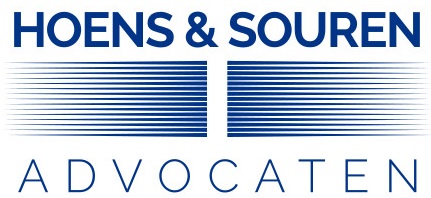The difficult position of the minority shareholder

Our client was one of two directors of a consultancy and project management firm that operated as a private company (BV). He held just over a quarter of the shares. Aside from being a director, he also acted as a consultant.
At a given moment a dispute arose between the directors of the company: clearly there was no longer room for two captains on board ship. Our client was sacked as director and was no longer allowed to earn his living within the company. His management fee was withdrawn forthwith and with an unjustified plea of a ‘bad leaver’ clause, he was given to understand that he would receive nothing more than a pittance for his shares.
Our assignment
Our task was clear: we needed to work on the best possible exit strategy for our client.
Our approach
We first tackled the improper withdrawal of the management fee payments. We summoned the BV to appear in preliminary relief proceedings and demanded continued payment of the fee for a number of months pursuant to the management agreement. The court in preliminary relief proceedings allowed the claim, whereby our client’s income stream was maintained.
At the same time, the share transfer issue was addressed. The shares were offered to the other shareholders. In fixing the price, conformity was sought with a valuation method that had previously been applied within the company.
However, months of negotiations brought the parties no closer to a resolution. Even the appointment of a ‘neutral third party’ did not work. The other shareholders were prepared to buy the shares, but only at a price that suited themselves and which they could finance.
We decided in consultation with the client to start a squeeze-out procedure within the meaning of Book 2, Article 343 of the Dutch Civil Code before the court. We were well aware that law courts tend to dismiss such claims, but we expected to fare better with the Netherlands Enterprise Court at the Amsterdam Court of Appeal.
The result
The claim was indeed dismissed by the court. Within a week, we appealed to the Enterprise Court at the Amsterdam Court of Appeal. Negotiations then commenced anew between the parties, but things now began to move much faster. Within a few weeks we had agreed on a share price which was quite close to the price we had sought ourselves.
Our client was able to repay the loan he had contracted to acquire the shares. The capital he was left with was put to good use for starting up his own business.
Tip:
When concluding a shareholders’ agreement, make sure to include adequate and efficient dispute settlement rules. This will serve to prevent costly and protracted proceedings. It is also the best way to guarantee the continuity of the business. Our advice with disputes of this kind is to forget about the law courts and to apply directly to the Netherlands Enterprise Court at the Amsterdam Court of Appeal. This specialised court can take decisive action, often in a very short period, and contribute greatly to the resolution of the dispute.
Would you like to know more about resolving conflicts between shareholders? Contact Pierre van Voorst.
